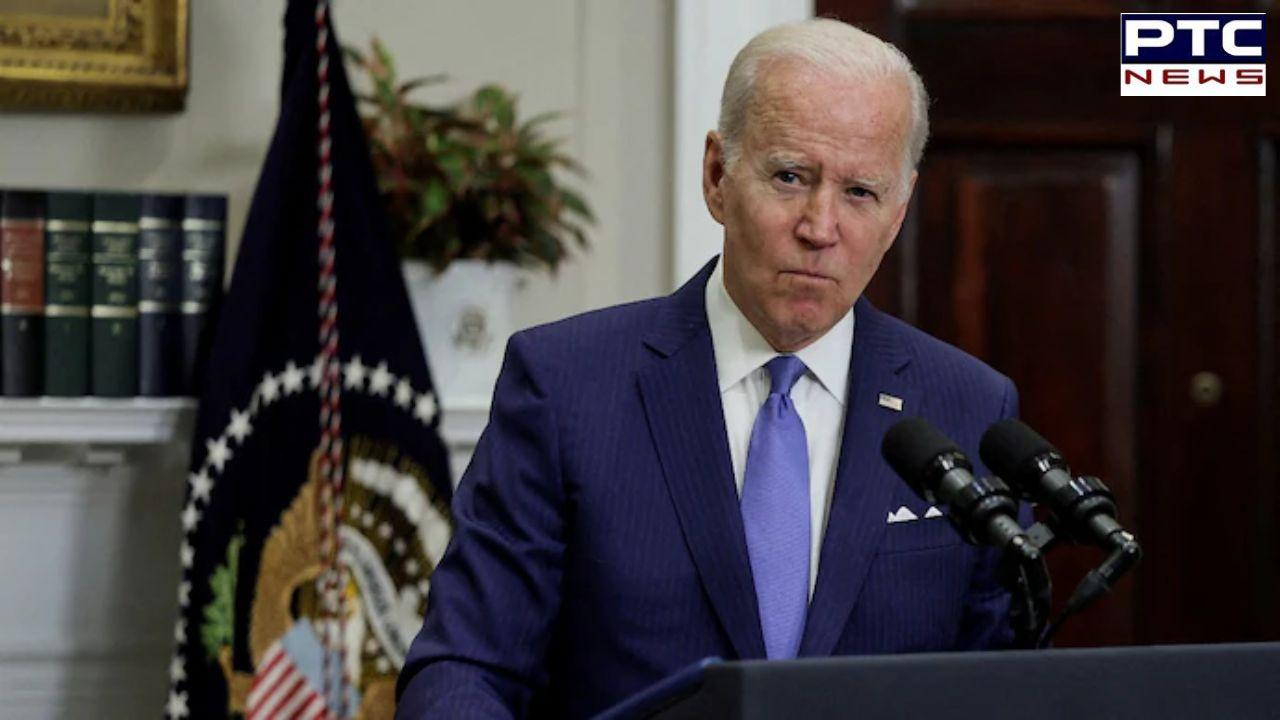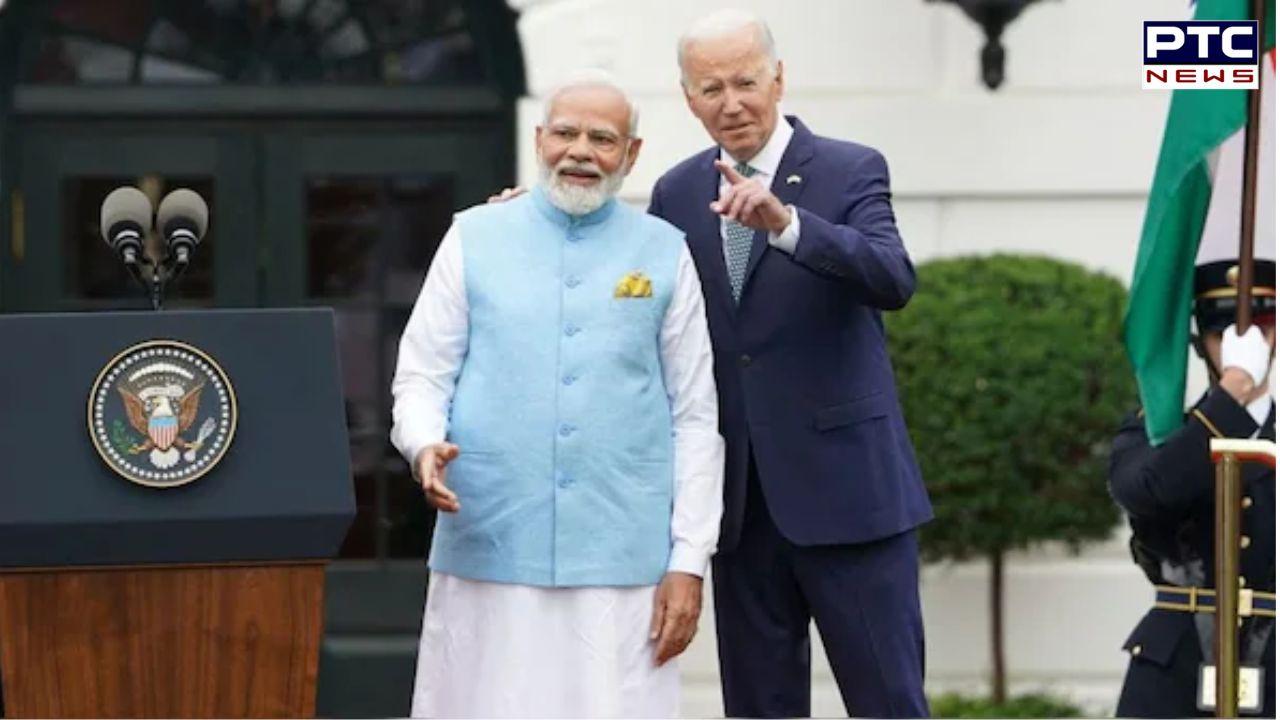White House meets Pro-Khalistan Sikhs hours before PM Modi’s arrival in US
The Khalistan movement, banned in India due to its associations with terrorism, has been a point of tension in India’s relations with countries like the US and Canada

PTC Web Desk: In a surprising development, the White House held a meeting with a group of Sikhs sympathetic to the Khalistan movement, just hours before Indian Prime Minister Narendra Modi's arrival for a three-day official visit to the United States. The meeting sparked diplomatic concerns as the group, representing the separatist movement, received assurances of protection from “any transnational aggression” while on US soil.
During the meeting, senior officials from the White House emphasised their commitment to safeguarding all American citizens from potential harm within the US borders. This comes amid rising apprehensions in India about both the US and Canada offering asylum and support to Khalistani separatists, who have been linked to terrorist activities in India over the past few decades.
The Khalistan movement, banned in India due to its associations with terrorism, has been a point of tension in India’s relations with countries like the US and Canada, where some separatist groups are believed to find safe haven. However, the US has made no official statement confirming that it provides refuge to such elements. Canada's stance, which frames the issue as a matter of "freedom of speech," has only fueled the debate further.

India's External Affairs Minister S Jaishankar had previously commented on the matter, stating that while India values freedom of speech, it does not equate to supporting separatism or advocating violence against diplomats. He emphasised that backing those with violent agendas cannot be justified under the guise of free expression.
The timing of the White House meeting raised eyebrows, as it took place just before PM Modi's scheduled arrival in the US for crucial meetings, including discussions at the United Nations General Assembly and the Quad Summit in Delaware. The White House meeting included Pritpal Singh, founder of the American Sikh Caucus Committee, along with representatives from the Sikh Coalition and the Sikh American Legal Defense and Education Fund (SALDEF). These groups have long voiced concerns about the safety of Sikh Americans, advocating for stronger measures to protect their community from perceived threats.
In a statement to the media, Pritpal Singh expressed gratitude to U.S. officials for their vigilance in safeguarding Sikh Americans and said his community would hold the government accountable to ensure continued protection. He reiterated the importance of justice and safety for the Sikh community.
The meeting coincided with the recent introduction of the 'Transnational Repression Reporting Act 2024' by U.S. Congressman Adam Schiff. The proposed legislation requires the Attorney General, in coordination with other federal agencies, to report cases of transnational repression targeting individuals within U.S. borders. The bill sends a clear message that any violations of the constitutional rights of American citizens will not be tolerated, whether by allies or adversaries.
One of the prominent Sikh groups, SALDEF, which openly supports Khalistani terrorist Hardeep Singh Nijjar, welcomed this move, despite allegations linking some of its members to anti-India activities. Nijjar’s killing in 2023 led to significant diplomatic friction between India and Canada, with Canada’s Prime Minister Justin Trudeau suggesting India’s involvement in the incident.
Amid these developments, Khalistani terrorist Gurpatwant Singh Pannun, who is based in the US, filed a civil lawsuit against the Indian government and National Security Adviser Ajit Doval. The U.S. District Court for the Southern District of New York issued a summons, seeking a response from Indian officials, including former R&AW chief Samant Goel and others accused of plotting to assassinate Pannun.
Pannun, who leads the separatist group Sikhs for Justice (SFJ), has been declared a terrorist by India since 2020 for his involvement in anti-India activities. His lawsuit alleges that the Indian government orchestrated a foiled assassination plot, involving individuals who have already been indicted by U.S. federal prosecutors.
